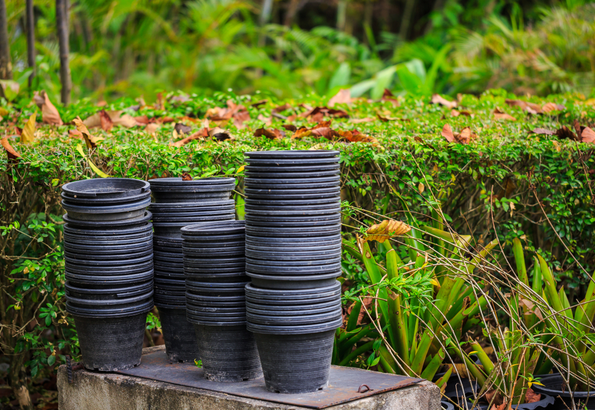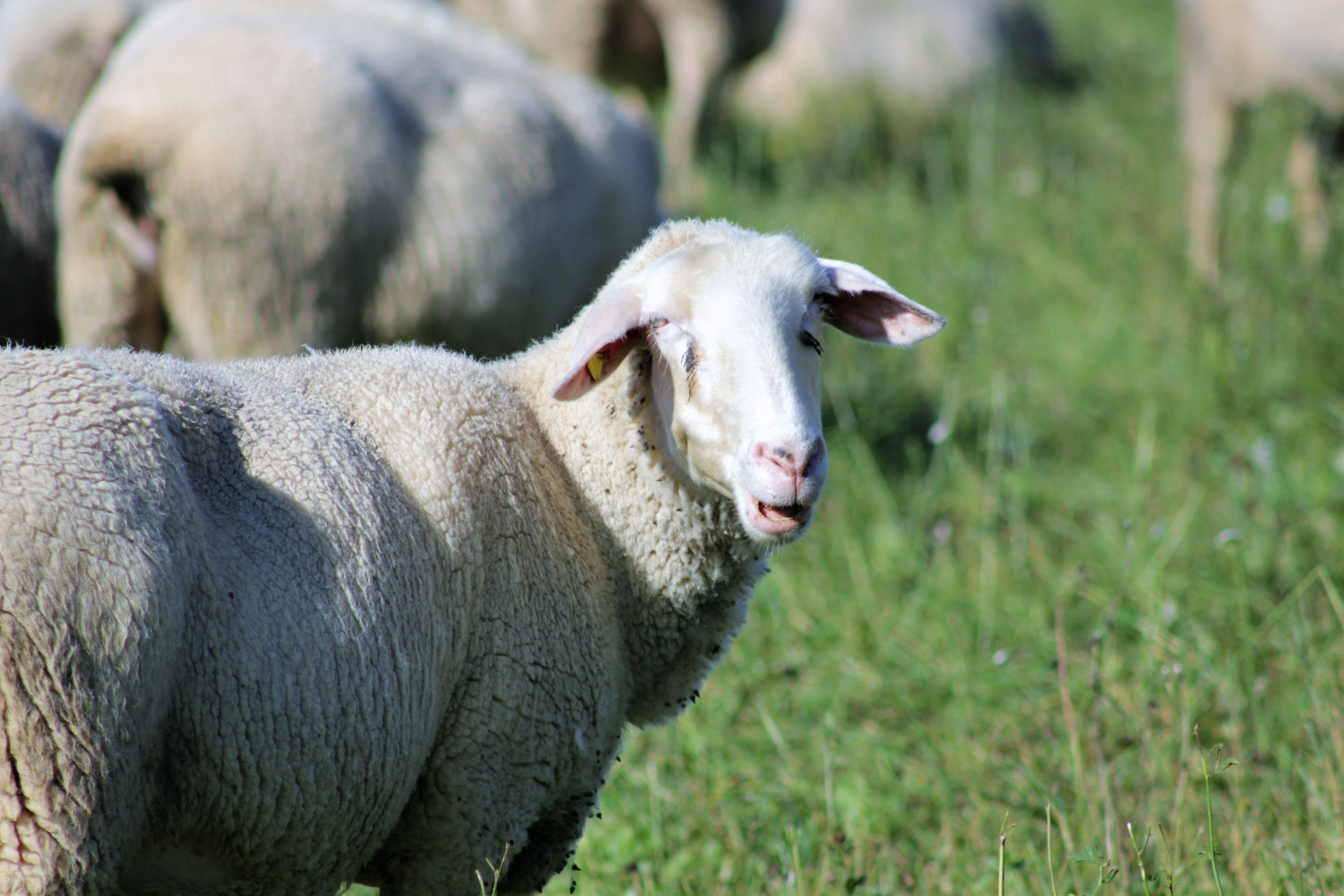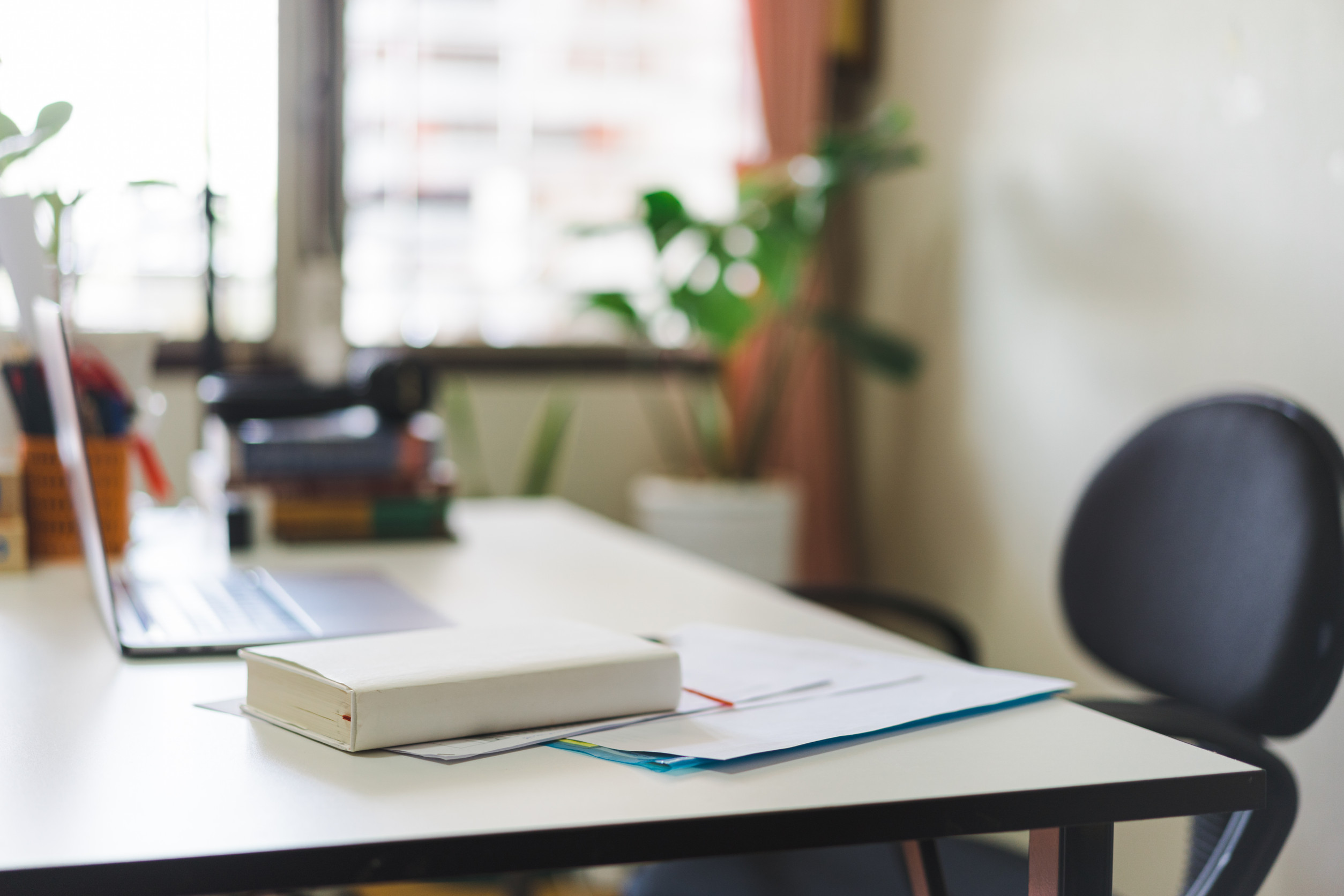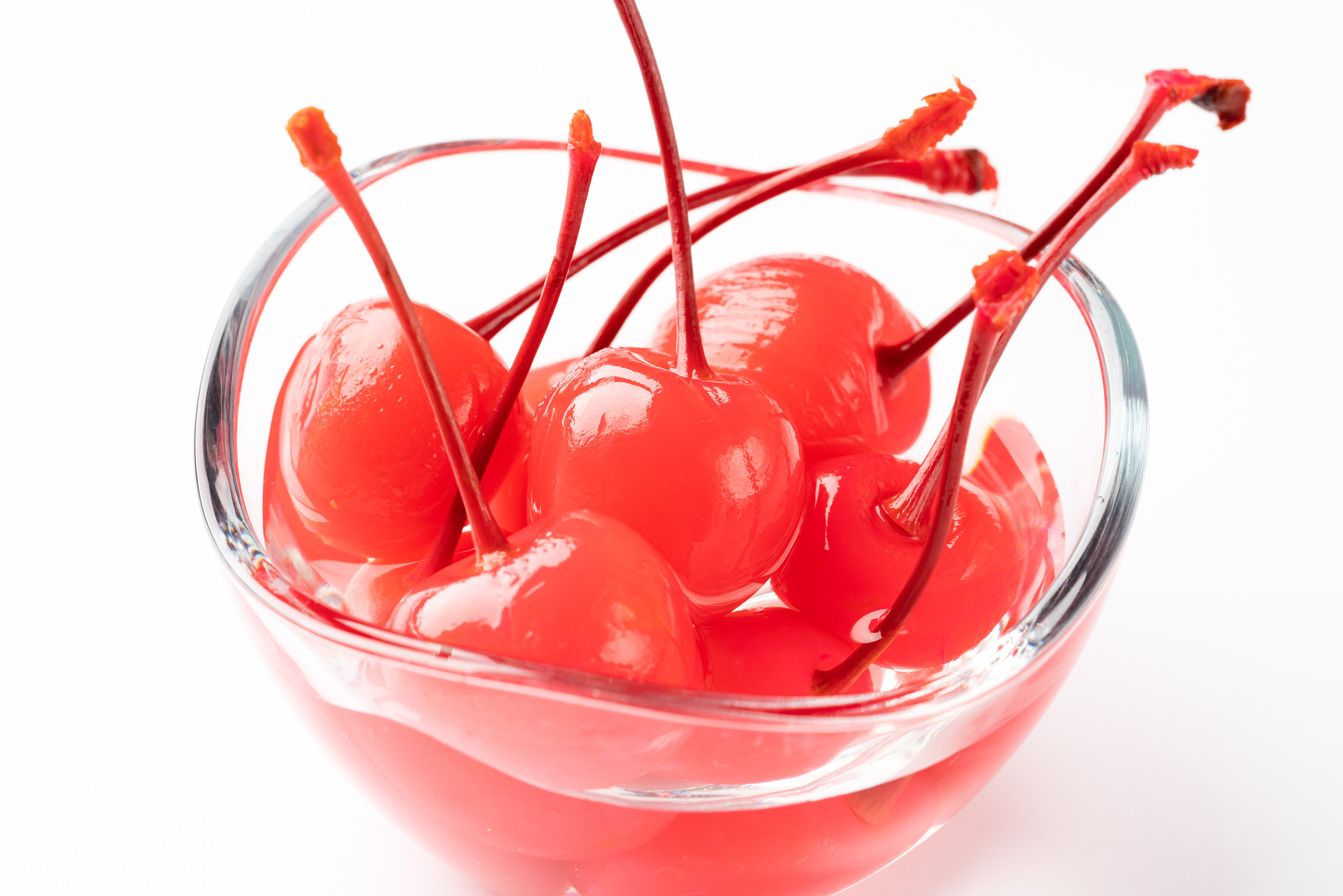Buy a plant or flowers and more often than not it will come in a pot made of black plastic that you’ll get rid of once you replant your new purchase. But that black plastic is incredibly hard to recycle, making the act of growing plants more wasteful than it should be.
Now there’s a solution: If you bring flowers planted in this new type of pot home from a nursery, you’ll be able to plant everything—including the plastic pot—in your backyard. The material, which is in development now, is designed to slowly break down in the soil. The new bioplastic pot is made primarily from lignin, waste product from the paper industry. In the past, paper mills often burned the material to create energy. But as the cost of other energy dropped and paper sales fell, the industry began to consider other ways to make use of the material—such as turning it into a bioplastic.
Unlike other plant-based plastics, this one requires no extra land to make since its a waste product of the paper industry. Future iterations of the product could include nutrients to help feed the plant, or biodegradable plastic sheets designed to replace the plastic “mulch” used in massive quantities on strawberry farms and other crops. Another potential product could be designed to slowly break down in the soil, to replace polluting fertilizers. In the future, the company also plans to develop more products beyond plastic.












